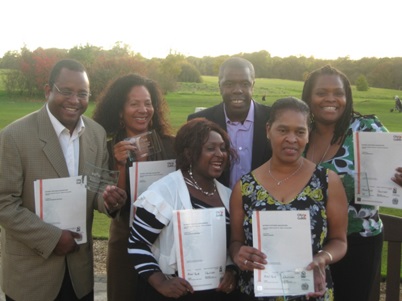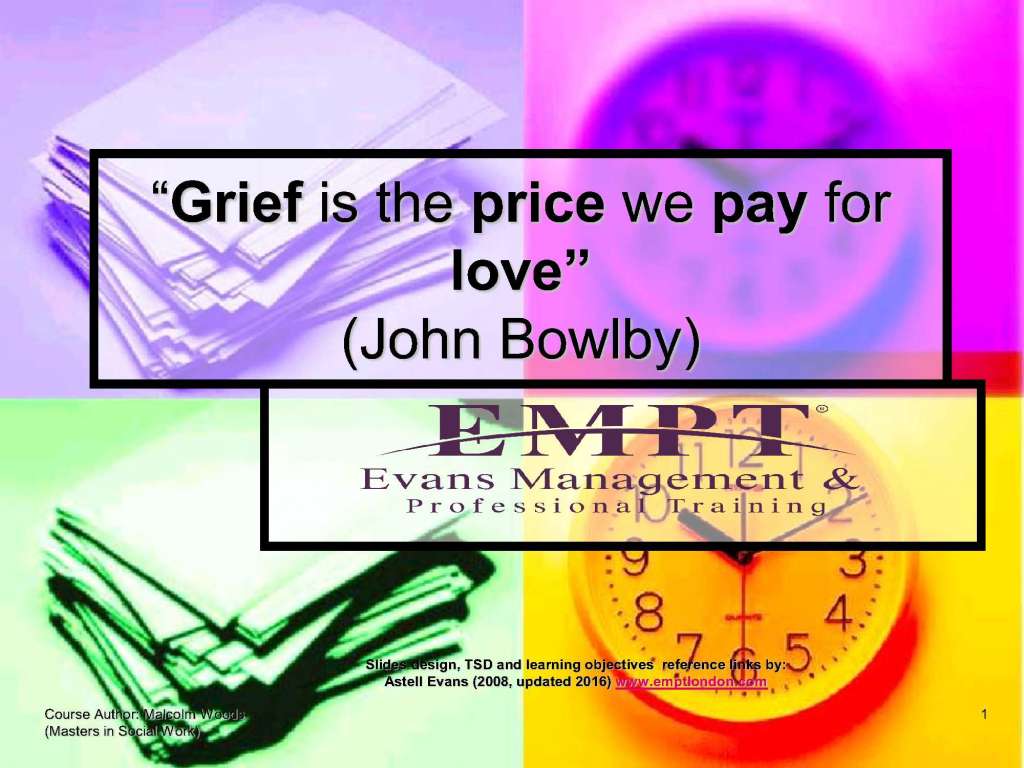Personal Development Plans

Current Fostering National Minimum Standard 20.5 requires that foster carers’ personal development plans set out how they will be supported to undertake ongoing training and development that is appropriate to their development needs and experience. These standards also (NMS 20.6) require that the reviews of each foster carer’s approval include an appraisal of performance against […]
Alternative Views of Management

Approaches to management used in social care have been influenced by many years of management theory. For years management studies have examined management practice to distil the principles and practise of good management. Identifying such principles and practises can help to enable managers to improve their management performance. Several different schools of thought have emerged […]
Champion equality, diversity and inclusion

Learners who attempt to achieve the Level 5 Diploma in Leadership for Health and Social Care and Children and Young People’s Services (England) come from a range of leadership backgrounds including: Registered Managers Managers Assistant managers Deputy managers Senior care/support workers/supervisors Co-ordinators Team leaders Health and social care and children and young people’s services also […]
Supporting People Experiencing Mental ILL Health

Knowing about factors related to Mental ill health as well as Physical health, can contribute to promoting the wellbeing of individuals. Experiencing mental ill health may involve having to face personal transitions, that are not necessarily shared or understood by members of the family or significant people in their support network. Such transitions include: family […]
The Fostering Network the State of the Nation’s foster care survey (2016)
The Fostering Network the State of the Nation’s foster care survey (2016) – What foster carers think and feel about fostering is now available. The Fostering Network research involved in total 2,530 foster carers from across the UK completed the survey online: 1,942 of these fostered in England, 359 in Scotland, 122 in Wales and […]
Giving advice and information, to young people, about substance misuse risk taking
Make sure you understand enough about drugs and substance misuse, including why children might experiment with them, so you can talk to children and young people in an informed way. For foster carers understanding the facts about drugs may also help you to: promote the care plan needs of Children in Care contribute to children’s risk assessments inform […]
TSD 2.3 (a & b) Promoting Child Contact
Importance of child contact when promoting relationships with parents and others Child contact refers to all relationship links between a child and their families of origin and friends, regardless of the form and frequency of these links. This may include overnight stays, telephone calls, exchange of letters or photographs or indirect links through third parties. […]
TSD Standard 4 Know how to communicate effectively
Effective communication in foster care settings People working in fostering settings often communicate to share ideas/information; to offer reassurance; to build relationships; to ask questions and much more. Factors to consider for effective communication includes: the level; pace; tone; sensory needs; content; use of jargon/slang; child or young person’s or colleagues wellbeing and ability. This […]
Training Support and Development Standard 3.4 (Promoting positive behaviour)
Promoting principles for supporting the behaviour development in children and young people whilst meeting the Training Support and Development Standards. In terms of promoting positive relationships and socially aware behaviour the following methods are sometimes useful in supporting behaviour management and working in line with the Training Support and Development Standards: Using positive reinforcement strategies; […]
HELPING CHILDREN COPE WITH A DEATH

In terms of helping children cope with death – children tend to react differently to death than adults. Their response will depend on: What type of relationship they had with the person who has died. Death of a Mother for example, maybe much harder than the death of an Uncle. Age and level of understanding […]
